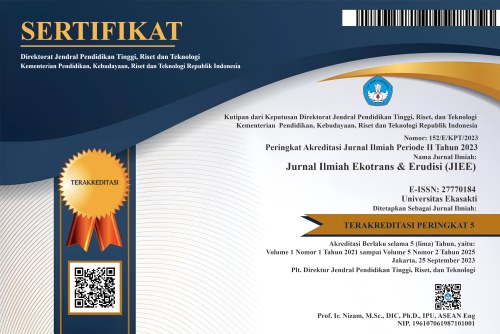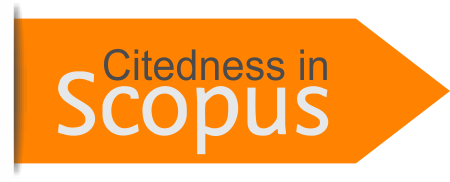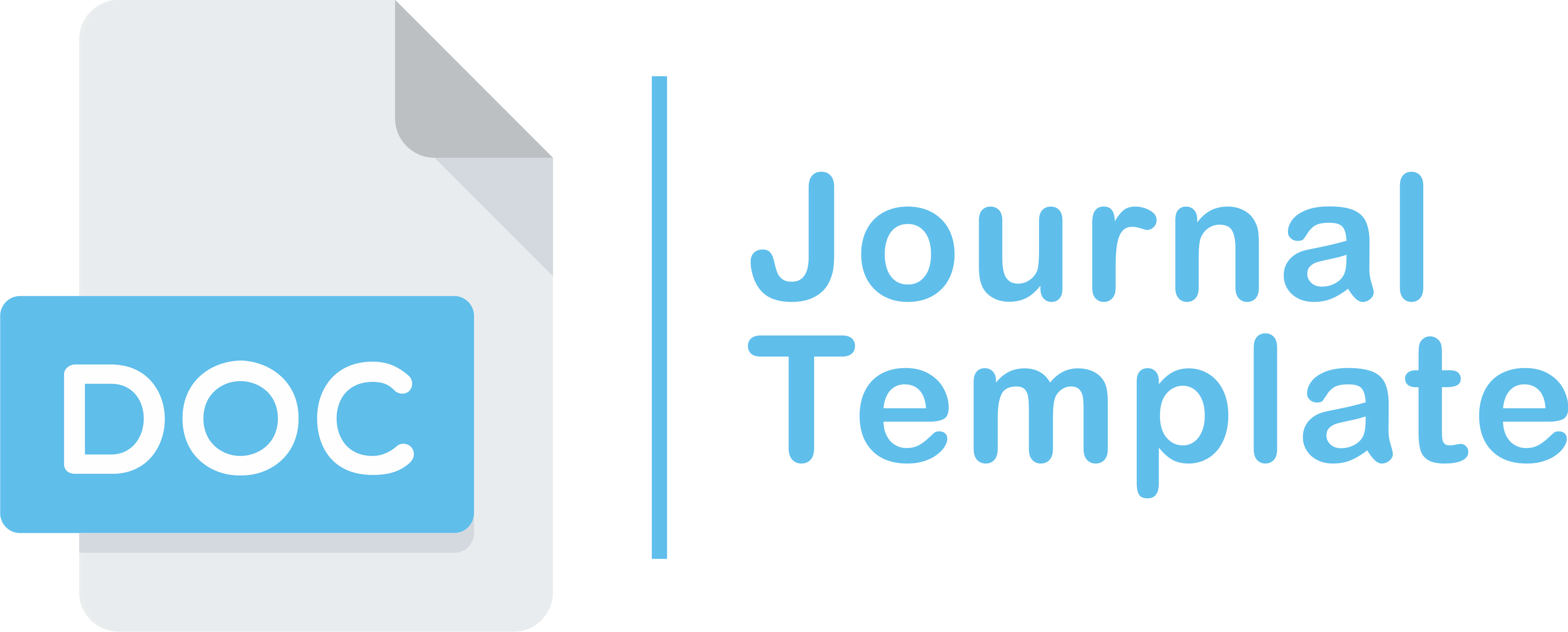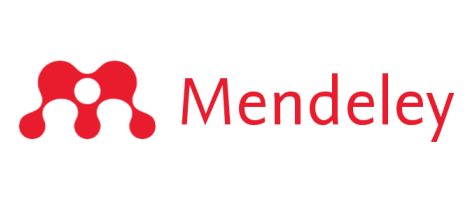The Moral Struggle of the Theory of Reversal of the Burden of Proof in the Accountability of Directors Based on the Principle of the Business Judgment Rule in Achieving Justice
DOI:
https://doi.org/10.69989/wb5c7v66Kata Kunci:
Business Judgment Rule, Presumption of Innocence, Presumption of Guilt, Omkering Van BewijsAbstrak
The business judgment rule (BJR) shields corporate policy-making and managerial decisions from scrutiny. Under this doctrine, directors are not legally liable for business decisions that later result in losses, provided the decisions are made in good faith, for proper purposes, on a rational basis, and with due care. BJR is welcomed because it protects directors who must act swiftly in a dynamic business environment. Yet its application often employs a reversal of the burden of proof (omkering van bewijs), shifting proof obligations. This research argues that the conventional presumption of innocence has been displaced by a presumption of guilt through the reversal of burdens in corruption cases, so that accused persons are treated as having committed a “presumption of corruption.” Corporate losses in such situations represent ordinary business risk, not wrongdoing; therefore, extraordinary enforcement measures are unnecessary and would only intensify directors’ evidentiary burdens. The reverse-burden rationale is typically grounded in alleged losses to state finances and the difficulty of eradicating corruption. Even so, corporate losses should not be reclassified as a “serious crime” that triggers extraordinary measures. The findings reveal a rigid separation of law and morality in the application of reversed burdens within the BJR framework. Generalization is unwarranted: the mechanism has both benefits and drawbacks. It aids law enforcement in combating corruption, but it is less effective for directors acting in good faith, because losses arising from business risk may be construed as fault. Consequently, criminal penalties can be imposed too readily on directors, owing to the heavy burden of proof placed upon them.
Unduhan
Referensi
Ahmad, S., Akbar, S., Halari, A., & Shah, S. Z. (2021). Organizational non-compliance with principles-based governance provisions and corporate risk-taking. International Review of Financial Analysis, 78. https://doi.org/10.1016/j.irfa.2021.101884
Ahmad, S., Akbar, S., Kodwani, D., Halari, A., & Shah, S. Z. (2023). Compliance or non-compliance during financial crisis: Does it matter? International Journal of Finance and Economics, 28(3), 2348–2366. https://doi.org/10.1002/ijfe.2538
Brownlee, K., & Child, R. (2018). Can the law help us to be moral? Jurisprudence, 9(1), 31–46. https://doi.org/10.1080/20403313.2017.1352317
Chang, M. (2016). Entrepreneur: Interacting with your board. IEEE Engineering Management Review, 44(3), 18–19. https://doi.org/10.1109/EMR.2016.2595079
Dittmar, A., & Mahrt-Smith, J. (2007). Corporate governance and the value of cash holdings. Journal of Financial Economics, 83(3), 599–634. https://doi.org/10.1016/j.jfineco.2005.12.006
Dubinsky, A. A., Bulygina, V. G., & Belyakova, M. J. (2021). Individual-psychological features of law enforcement officers with different professional experience and professional profile. Meditsina Truda I Promyshlennaya Ekologiya, 61(5), 340–346. https://doi.org/10.31089/1026-9428-2021-61-5-340-346
Karkalakos, S. (2024). The Economic Consequences of Legal Framework. Statute Law Review, 45(2). https://doi.org/10.1093/slr/hmae024
Malina, M. A. (2024). Moral Foundations of Russian Criminal Proceedings. Gosudarstvo i Pravo, 2024(1), 141–146. https://doi.org/10.31857/S1026945224010139
Maurya, S. K. (2021). The concept of justice in reference with philosophies of plato and aristotle: A critical study. Journal of Liberty and International Affairs, 7(3), 250–266. https://doi.org/10.47305/JLIA21370250m
Nilsson, G. O. (2007). Corporate governance in Turkey. European Business Organization Law Review, 8(2), 195–236. https://doi.org/10.1017/S1566752907001954
Noor, N. A. M., & Aziz, A. S. A. (2019). “Standing” room only: A vintage issue in estate administration claims. UUM Journal of Legal Studies, 10(2), 1–17.
Okhrimenko, I. М., Barko, V. V, Vavryk, L. V, Chornous, V. D., Okhrimenko, S. S., Aleksandrov, Y. V, & Onishchuk, L. M. (2023). The Impact of Professional Stress on The Mental Health of Law Enforcement Officers. Wiadomosci Lekarskie (Warsaw, Poland : 1960), 76(6), 1428–1435. https://doi.org/10.36740/WLek202306115
Quinn, J. (2019). The sustainable corporate objective: Rethinking directors’ duties. Sustainability (Switzerland), 11(23). https://doi.org/10.3390/su11236734
Root, H. L., & May, K. (2006). Judicial systems and authoritarian transitions. Pakistan Development Review, 45(4), 1301-1321+1387. https://doi.org/10.30541/v45i4iipp.1301-1321
Rosenkranzová, O. (2024). The Problem of Philosophical Foundations of Human Dignity in Law. International and Comparative Law Review, 24(1), 33–51. https://doi.org/10.2478/iclr-2024-0002
Saputra, N., Syamsir, S., Embi, M. A., & Mulia, R. A. (2023). Community Participation in Tourism Development at the Macaronis Tourism Attraction, Silabu Beach, Mentawai Islands. Adabi: Journal of Public Administration and Business, 10(1), 12–23.
Shaner, M. W. (2010). Restoring the balance of power in corporate management: Enforcing an officer’s duty of obedience. Business Lawyer, 66(1), 27–59.
Simon, J. (2022). Knowing What We Want: A Decent Society, A Civilized System of Justice & A Condition of Dignity. Daedalus, 151(1), 170–180. https://doi.org/10.1162/DAED_a_01896
Villiers, C. (2022). New Directions in the European Union’s Regulatory Framework for Corporate Reporting, Due Diligence and Accountability: The Challenge of Complexity. European Journal of Risk Regulation, 13(4), 548–566. https://doi.org/10.1017/err.2022.25
Wolf, R. V. (2012). The overlap between public health and law enforcement: Sharing tools and data to foster healthier communities. International Review of Law, Computers and Technology, 26(1), 97–107. https://doi.org/10.1080/13600869.2012.646802
Unduhan
Diterbitkan
Terbitan
Bagian
Lisensi
Hak Cipta (c) 2025 Engrina Fauzi, Sry Wahyuni (Author)

Artikel ini berlisensiCreative Commons Attribution-ShareAlike 4.0 International License.
Copyright Notice
An author who publishes in the journal "Jurnal Ilmiah Ekotrans & Erudisi" agrees to the following terms:
Author retains the copyright and grants the journal the right of first publication of the work simultaneously licensed under the Creative Commons Attribution-ShareAlike 4.0 License that allows others to share the work with an acknowledgement of the work's authorship and initial publication in this journal
Author is able to enter into separate, additional contractual arrangements for the non-exclusive distribution of the journal's published version of the work (e.g., post it to an institutional repository or publish it in a book) with the acknowledgement of its initial publication in this journal.
Author is permitted and encouraged to post his/her work online (e.g., in institutional repositories or on their website) prior to and during the submission process, as it can lead to productive exchanges, as well as earlier and greater citation of the published work (See The Effect of Open Access).
All materials in this site are protected by the law. It is prohibited to quote a part of or all of this website contents for commercial purposes without the permission or consent of the editors.
If anyone finds one article or more in this journal violate or potentially violate one’s copyrights, please report to us through e-mail of Principle Contact.
Legal-formal aspects of accessing any information and manuscript in this journal website refer to the provision of license Creative Commons Attribution-Share Alike (CC BY-SA). Read more about the Creative Commons Attribution-ShareAlike 4.0 Licence here: https://creativecommons.org/licenses/by-sa/4.0/.
All information available in 'Jurnal Ilmiah Ekotrans & Erudisi' is academic in nature. 'Jurnal Ilmiah Ekotrans & Erudisi' is not responsible for loss due to the abuse of information in the website.
Information
Notice about change in the copyright policy of the journal 'Jurnal Ilmiah Ekotrans & Erudisi' : "From Volume 1, Nomor 1 onwards the copyright of the article published in the journal 'Jurnal Ilmiah Ekotrans & Erudisi' will be retained by the author"
Privacy Statement
The names and email addresses entered in this journal site will be used exclusively for the stated purposes of this journal and will not be made available for any other purpose or to any other party.



























